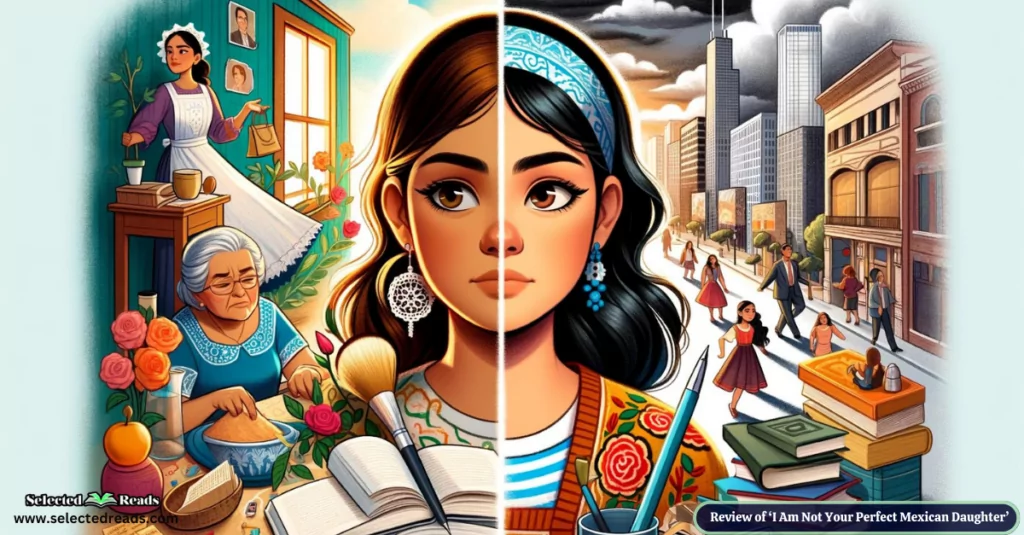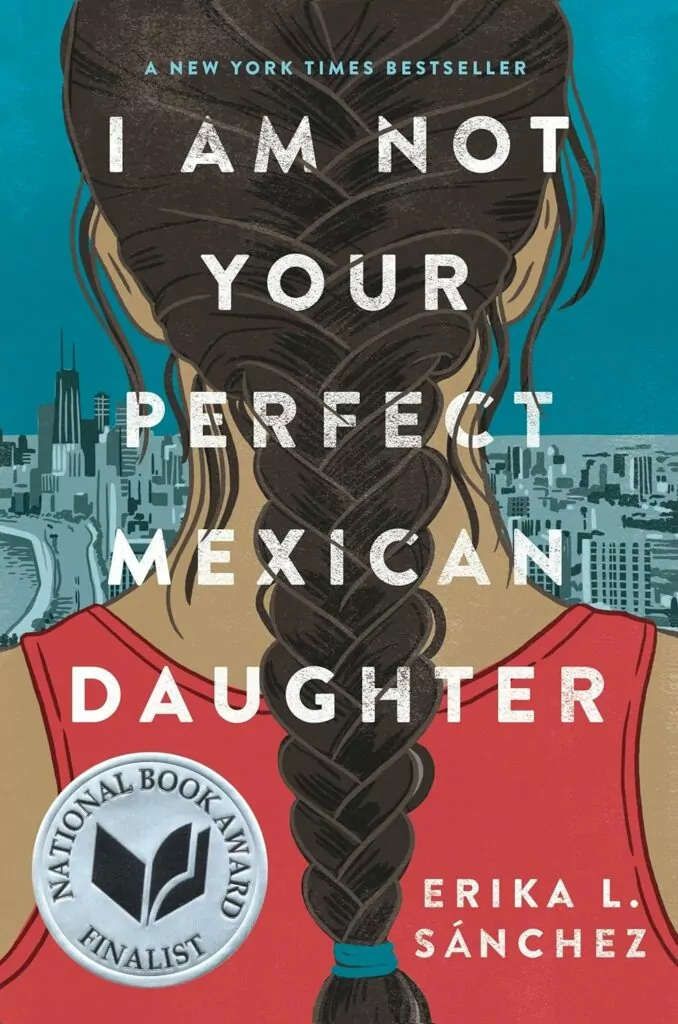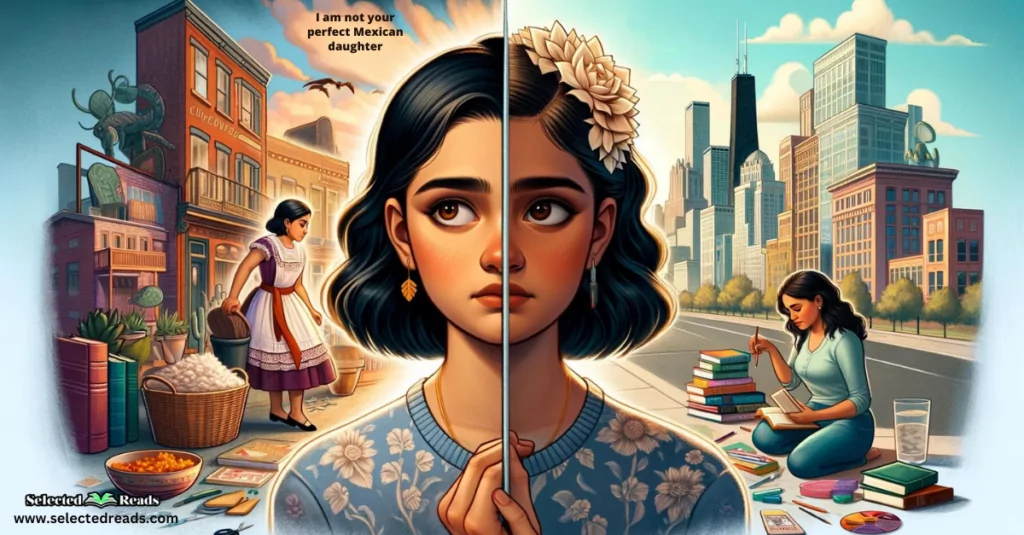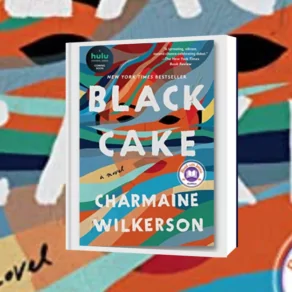In today’s post, I’m introducing you to “I Am Not Your Perfect Mexican Daughter,” a poignant and beautifully crafted novel by Erika L. Sánchez. This book captures the heart-wrenching journey of a young girl navigating through the grief of losing her sister. The purpose of this post is to unpack the layers of this compelling narrative, offering insights and reflections that resonate with both young readers and adults alike.
Our discussion will proceed as follows: First, we’ll provide a detailed summary of the story, giving you a glimpse into Julia Reyes’ complex world and the challenges she faces. Next, we’ll discuss the characters who play pivotal roles in Julia’s life, exploring their contributions to the story’s rich tapestry. And finally, we’ll conclude with some thought-provoking book club questions designed to stimulate discussion and deepen your understanding of the novel’s key themes. Whether you’re reading this as a teacher, a student, or a lover of impactful literature, there’s something in this journey for everyone. Let’s dive into the vibrant, tumultuous, and ultimately hopeful world of Julia Reyes.
I am not Your Perfect Mexican Daughter Summary
“I Am Not Your Perfect Mexican Daughter” by Erika L. Sánchez is a compelling narrative centered around Julia Reyes, a young Mexican American girl grappling with the loss of her older sister, Olga, who dies in a tragic accident in Chicago. Olga was seen as the quintessential “perfect Mexican daughter,” adhering closely to the cultural expectations of their immigrant family: she did not pursue higher education and remained living at home, supporting her family. In contrast, Julia is outspoken, ambitious, and dreams of becoming a writer, often finding herself at odds with her parents’ traditional views.
Photo: Amazon
After Olga’s death, Julia’s family is enveloped in grief, and her mother’s sorrow manifests in her becoming increasingly critical of Julia, who feels misunderstood and overlooked in her own mourning. Julia perceives a significant gap between herself and the idealized memory of her sister, which only exacerbates her sense of isolation and identity crisis.
Driven by a growing suspicion that Olga might not have been as perfect as everyone believed, Julia embarks on a journey to uncover her sister’s secrets. This quest brings her closer to understanding Olga’s hidden life and challenges the rigid stereotypes of perfection and compliance that have been imposed on them. With the support of her best friend Lorena and her boyfriend Connor, Julia navigates her way through the complexities of family expectations, cultural identity, and personal grief.
The story unfolds as Julia delves deeper into Olga’s world, discovering aspects of her sister’s life that were previously unknown to her. This exploration serves as a catalyst for Julia’s own personal growth, prompting her to reconsider her relationships, ambitions, and the very notion of what it means to be a “perfect” daughter within her cultural context. Through her journey, Julia confronts the realities of immigration, familial obligation, and the struggle to forge one’s own path amidst the weight of cultural heritage and familial expectations.
I am not Your Perfect Mexican Daughter Characters
“I Am Not Your Perfect Mexican Daughter” features a compelling cast of characters, each bringing a unique perspective to the narrative:
- Julia Reyes: The novel’s protagonist, Julia is a rebellious, ambitious, and intelligent teenager who often feels out of place in her traditional Mexican family. She dreams of leaving Chicago and going to college to become a writer, which puts her at odds with her family’s expectations.
- Olga Reyes: Julia’s older sister, who at the beginning of the novel dies in a tragic accident. She was considered the “perfect Mexican daughter,” obedient and adhering to traditional cultural norms. Her death and the secrets Julia uncovers about her serve as major plot drivers.
- Amá and Apá: Julia and Olga’s parents, immigrants from Mexico who have very traditional views on their daughters’ roles and ambitions. Their grieving process and their struggle to understand Julia form a significant part of the narrative.
- Lorena: Julia’s best friend who provides support and helps Julia in her quest to uncover the truth about Olga.
- Connor: Julia’s first boyfriend. Their relationship offers Julia a window into a world outside her cultural norms and a glimpse into the future she dreams of.
- Juanga: A flamboyant and openly gay character, who becomes friends with Julia. His character offers an alternate perspective on the intersection of culture and identity.
- Mr. Ingman: Julia’s English teacher, who recognizes her writing talent and encourages her to pursue her dreams.
I Am Not Your Perfect Mexican Daughter Book Club Questions
Here are several questions designed to spark in-depth discussions:
- Exploring Identity and Cultural Expectations: How does Julia’s struggle with her identity and the cultural expectations placed upon her by her family and society reflect the experiences of many first-generation immigrants? Can you relate to her journey of self-discovery and if so, how?
- The Concept of Perfection: What does the title “I Am Not Your Perfect Mexican Daughter” reveal about societal and familial pressures on young individuals, especially within specific cultural contexts? Discuss how the concept of being a “perfect daughter” affects both Julia and Olga throughout the novel.
- Family Dynamics and Grief: In what ways does grief affect the Reyes family dynamics? Discuss how each family member copes with Olga’s death differently. What do these coping mechanisms tell us about the complexities of family and loss?
- Secret Lives and Hidden Truths: Julia discovers that Olga was not the “perfect” daughter everyone thought she was. How do Olga’s secrets contribute to the novel’s themes of identity and the pressure to conform to expectations? What does this say about the public versus private selves?
- Mental Health: How is mental health addressed in the novel? Discuss how Julia’s experiences and the events that unfold in the book shed light on the importance of mental health awareness and support in communities.
- The Immigrant Experience: “I Am Not Your Perfect Mexican Daughter” delves into the immigrant experience, particularly the Mexican American experience. Discuss how the novel portrays the challenges and complexities of this experience. How do issues of assimilation, cultural preservation, and identity manifest in Julia’s life and the lives of her family members?
- The Role of Friendship and Love: Analyze the roles that Lorena and Connor play in Julia’s life. How do these relationships help her navigate her personal and family challenges? Discuss the importance of support systems in the journey toward self-discovery and healing.
- The Future and Hope: At the end of the novel, what sense do you get of Julia’s future? How has she grown, and what hopes do you have for her moving forward? Discuss how the ending contributes to the overall message of the book.
- Cultural Representation: How does the novel contribute to the representation of Mexican American culture in literature? Discuss the cultural elements that stood out to you and how they enriched the story.
- Author’s Message: What do you think is Erika L. Sánchez’s message to her readers through “I Am Not Your Perfect Mexican Daughter”? How does the novel speak to both young adults and older audiences?
Related: Girls in Pieces Summary
Final thoughts
Erika L. Sánchez’s “I Am Not Your Perfect Mexican Daughter” leaves an indelible mark with its authentic portrayal of a young girl’s turmoil as she traces the contours of her own identity against the backdrop of loss and cultural expectation. In weaving a story that is as much about the individual journey as it is about the immigrant experience, Sánchez captures the essence of contemporary struggles with self, family, and society.
As Julia Reyes delves into the enigma of her sister’s secret life, we are reminded that the facets of perfection we chase are often facades hiding complex truths. The Reyes family, alongside a vibrant cast of characters, brings to life the layers of conflict, love, and transformation that define Julia’s coming of age.








